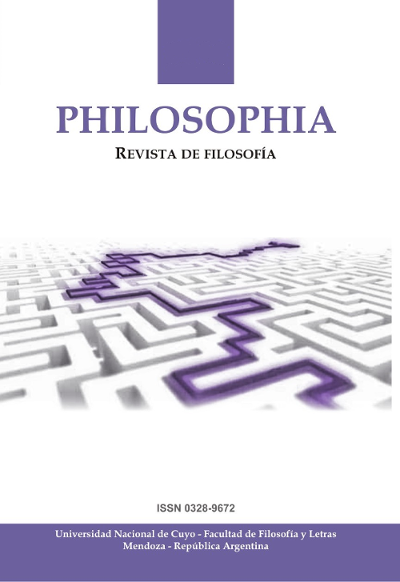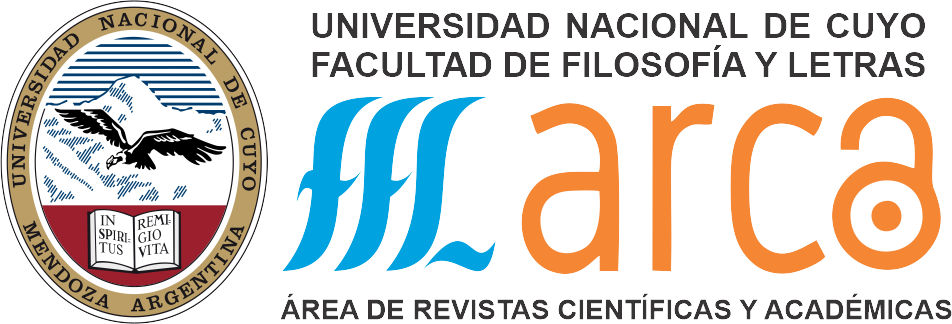Controversies on the Empirical Significance of Auxiliary Assumptions
Mots-clés :
Friedman-Twist, auxiliary assumptions, realism in economics, idealizationRésumé
Theoretical laws need to be conjoined with auxiliary assumptions in order to be empirically testable, whether in natural or social science. A particularly heated debate has been developing over the nature and role of these assumptions in economic theories. The so called "F(riedman)-Twist" ("the more significant the theory, the more unrealistic the assumptions", Friedman 1953) as well as some later criticisms by authors like Musgrave, Lawson, Mäki and Cartwright will be examined. I will explore the apparent conflict between the Popperian desideratum to pursue the independent testability of auxiliary assumptions and the idealizational theoretical means needed to isolate causal variables.
Références
Cartwright, Nancy, "Are RCTs the Gold Standard?" BioSocieties (Special Issue: The Construction and Governance of Randomised Controlled Trials) 2/1, March (2007a): 11-20.
Cartwright, Nancy, "The Vanity of Rigour in Economics: Theoretical Models and Galilean Experiments", in Hunting Causes and Using Them: Approaches in Philosophy and Economics, by: Nancy Cartwright (Cambridge, New York: Cambridge University Press, 2007b), 217-261.
Duhem, Pierre, The Aim and Structure of Physical Theory (Princeton (NJ): Princeton University Press, 1906/1991).
Friedman, Milton, "The Methodology of Positive Economics", in Essays in Positive Economics, by Milton Friedman (Chicago: University of Chicago Press, 1953/1966), 3-16, 30-43.
Hanzel, Igor, "The Inherent Type of Scientific Law, The Idealized Types of Scientific Law", in Idealization XIV: Models in Science, Poznan Studies in the Philosophy of the Sciences and the Humanities, Volume 108, ed. Giacomo Borbone & Krzysztof Brzechczyn (Boston: Brill/Rodopi, 2016), 43-62.
Heckman, James J. & Singer, Burton, "Abducting Economics", American Economic Review: Papers & Proceedings, 107/5 (2017): 298–302.
Lakatos, Imre, The Methodology of Scientific Research Programmes (Cambridge: Cambridge University Press, 1978).
Lawson, Tony, "Applied Economics, Contrast Explanation and Asymmetric Explanation", Cambridge Journal of Economics, 33/4 (2009): 405–19.
Lawson, Tony, "Central Fallacies of Modern Economics", in Economic Objects and the Objects of Economics. Virtues and Economics, vol. 3, ed. Peter Róna & László Zsolnai (Cham: Springer, 2018), 51-68.
Mäki, Uskali & Piimies, Jukka-Pekka, "Ceteris paribus", in The Handbook of Economic Methodology, ed. Davis, John B., Hands, D. Wades & Mäki, Uskali (Edward Elgar, Cheltenham, 1998), 55-59.
Mäki, Uskali, "Kinds of Assumptions and Their Truth: Shaking an Untwisted F-Twist", Kyklos, 53/3 (2000): 303-322.
Mäki, Uskali, "Ceteris Paribus: Interpretaciones e Implicaciones", Revista Asturiana de Economía, 28 (2003): 7-32.
Mäki, Uskali, "Realistic Realism about Unrealistic Models", in The Oxford Handbook of Philosophy of Economics, ed. Harold Kincaid & Don Ross (Oxford: Oxford University Press, 2009), 68-98.
Musgrave, Alan, "’Unreal Assumptions’ in Economic Theory: The F-Twist Untwisted", Kyklos, 34/3 (1981): 377-87.
Nagel, Ernest, "Assumptions in Economic Theory", The American Economic Review, 53/2, May (1963): 211-219.
Popper, Karl, The Logic of Scientific Discovery (London: Routledge, 1935/2002).
Popper, Karl, Conjectures and Refutations: The Growth of Scientific Knowledge (London: Routledge, 1963).
Quine, Willard Van Orman, "Two Dogmas of Empiricism", in From a Logical Point of View, by Willard Van Orman Quine (Cambridge, Massachusetts: Harvard University Press, 1951/1953), 20-46.
Téléchargements
Publiée
Comment citer
Numéro
Rubrique
Licence
Se permite la reproducción de los artículos siempre y cuando se cite la fuente. Esta obra está bajo una Licencia Atribución-NoComercial-CompartirIgual 3.0 (CC BY-NC-SA 3.0).
Usted es libre de: Compartir "” copiar y redistribuir el material en cualquier medio o formato; adaptar "” remezclar, transformar y construir a partir del material.
La licenciante no puede revocar estas libertades en tanto usted siga los términos de la licencia
Bajo los siguientes términos:
Atribución "” Usted debe dar crédito de manera adecuada, brindar un enlace a la licencia, e indicar si se han realizado cambios. Puede hacerlo en cualquier forma razonable, pero no de forma tal que sugiera que usted o su uso tienen el apoyo de la licenciante.
NoComercial "” Usted no puede hacer uso del material con propósitos comerciales.
CompartirIgual "” Si remezcla, transforma o crea a partir del material, debe distribuir su contribución bajo la lamisma licencia del original.
No hay restricciones adicionales "” No puede aplicar términos legales ni medidas tecnológicas que restrinjan legalmente a otras a hacer cualquier uso permitido por la licencia.
Para mayor información, visite https://creativecommons.org/licenses/by-nc-sa/3.0/deed.es





















